Professional Courses
Industry-relevant training in Business, Technology, and Design
Categories
Interactive Games
Fun games to boost memory, math, typing, and English skills
Typing
Memory
Math
English Adventures
Knowledge
IB vs CBSE vs ICSE: Which Board Is Right for Your Child?

Choosing the right school board for your child can feel like one of the most significant decisions you will make as a parent. In an era of global exposure and rapidly changing career paths, the choice is more challenging than ever.
You are likely weighing the options between the three major boards in India: CBSE, ICSE, and IB. Each has its own unique philosophy, teaching style, and prepares students for different kinds of futures.
This guide will provide you with an in-depth, unbiased comparison of IB vs. CBSE vs. ICSE. We will focus on key aspects like curriculum structure, assessment methods, and how each board develops critical thinking, so you can make a confident decision based on your child’s learning style and future aspirations.
IB vs CBSE vs ICSE – The Core Differences
While all three boards are highly reputable, they are built on different foundations. Here is a quick look at what sets them apart.
Their Origin and Scope
- The CBSE (Central Board of Secondary Education) is a national board governed by the Indian government.
- The ICSE (Indian Certificate of Secondary Education) is a national board run by a private, non-governmental council (CISCE).
- The IB (International Baccalaureate) is a global, non-profit foundation based in Switzerland, with a presence in over 150 countries.
Curriculum Focus
- CBSE offers a streamlined, NCERT-based curriculum that is excellent for preparing for Indian competitive exams.
- ICSE provides a detailed and comprehensive curriculum with a strong emphasis on English language fluency and literature.
- IB focuses on an inquiry-based, global curriculum that encourages students to ask questions and think internationally.
Ideal Candidate
- CBSE is ideal for students aiming for competitive exams like JEE and NEET.
- ICSE is great for students who want a balanced education with strong language skills.
- IB is best suited for students who plan to study at international universities and want a holistic, application-based education.
CBSE – India’s National Mainstream Board
The CBSE is the largest and most widely available education board in India. It affiliates all Kendriya Vidyalayas, all Jawahar Navodaya Vidyalayas, and thousands of private schools across the country.
Curriculum and Focus The CBSE curriculum is designed by the NCERT and is known for its structured and streamlined content. It places a strong emphasis on Science and Mathematics, making it an excellent choice for students preparing for engineering and medical entrance exams.
Teaching Style and Assessment The teaching methodology is generally more traditional and teacher-led, with a focus on ensuring students understand the core concepts from the textbook. The assessment is primarily based on final examinations, which helps students become comfortable with high-stakes, exam-driven environments.
Who It Is Best For CBSE is the most practical choice for families with transferable jobs, as its nationwide presence ensures a smooth transition between schools. It is the undisputed leader when it comes to preparing students for India's top competitive exams.
ICSE – The Language and Logic Board
The ICSE examination is conducted by the Council for the Indian School Certificate Examinations (CISCE). It is known for its comprehensive and detailed syllabus that gives equal importance to Science, Arts, and Languages.
Curriculum and Focus The ICSE curriculum offers a wide variety of subjects, including unique options like Environmental Science and Computer Applications. It is particularly renowned for its strong emphasis on the English language, focusing deeply on grammar, literature, and composition skills.
Teaching Style and Assessment The teaching style in ICSE schools is a mix of conceptual learning and practical project work. The board's assessment method emphasizes detailed written answers, analytical thinking, and a student's ability to interpret information, not just recall it.
Who It Is Best For ICSE is a great choice for students who enjoy a balanced education and have a flair for languages. It fosters strong writing and reasoning abilities. For example, an ICSE student studying Shakespeare in Grade 9 would be expected to compare characters and analyze themes, pushing them to develop deep interpretative skills.
The International Baccalaureate (IB) – A Global Approach
The International Baccalaureate is an inquiry-based, globally recognized education system. While newer to India, it has gained significant popularity in major cities.
Curriculum and Focus The IB curriculum emphasizes conceptual understanding, global awareness, and interdisciplinary learning. It encourages students to see the connections between different subjects. For example, a student might learn about mathematical principles through art.
Teaching Style and Assessment The IB classroom is student-centered. Learning happens through group discussions, debates, and independent research. Assessment is continuous and includes essays, projects, and oral presentations, with final exams only being a part of the evaluation in the Diploma Programme (Years 11–12).
Who It Is Best For The IB is designed for students who are curious, self-motivated, and interested in global affairs. Its focus on independent research and critical thinking makes it excellent preparation for university studies anywhere in the world.
Fostering Critical Thinking: How the Boards Compare
The ability to think critically is a key skill for success in the 21st century. Here is how each board approaches it.
- CBSE has a moderate focus on critical thinking, primarily through problem-solving in subjects like Math and Science. The questions are often direct and test the application of learned concepts.
- ICSE has a strong emphasis on analysis, especially in English and the Social Sciences. It requires students to write long, detailed answers that demonstrate a deep understanding of the topic.
- IB has critical thinking at its very core. The entire system is inquiry-based, meaning students are constantly expected to question, analyze, and evaluate information, not just accept it.
A Simple Example in History:
- CBSE might ask: “When did the Non-Cooperation Movement begin?” (Fact-based recall)
- ICSE might ask: “Explain the reasons and results of the Non-Cooperation Movement.” (Analysis)
- IB might ask: “To what extent did the Non-Cooperation Movement shape the modern Indian identity?” (Evaluation and argumentation)
Choosing the Right Board: Key Factors for Parents
There is no single "best" board for every child. The right choice depends on your child's learning style, your family's budget, and your long-term goals.
Consider these key factors:
- Future Plans: Is your child aiming for competitive exams in India (like JEE/NEET) or planning to study at a university abroad?
- Learning Style: Does your child thrive in a structured, teacher-led environment, or are they a curious, self-directed learner?
- Budget: IB schools are significantly more expensive than CBSE and ICSE schools. Be sure to consider the long-term financial commitment.
- Availability: CBSE and ICSE schools are widely available across India, while IB schools are still primarily concentrated in Tier-1 cities.
Making the Best Choice for Your Child's Future
In the end, all three boards offer high-quality education and can lead to successful futures, but they do so in different ways.
- Choose CBSE if your child is focused on Indian competitive exams and thrives in a structured, exam-driven environment.
- Go for ICSE if you value strong language skills, a balanced curriculum, and a focus on detailed learning.
- Opt for IB if you want to provide your child with a globally recognized, application-focused education that prepares them for international universities.
The secret to selecting the perfect board is to understand your child’s unique learning style, their future aspirations, and the skills you believe will be most valuable for them.
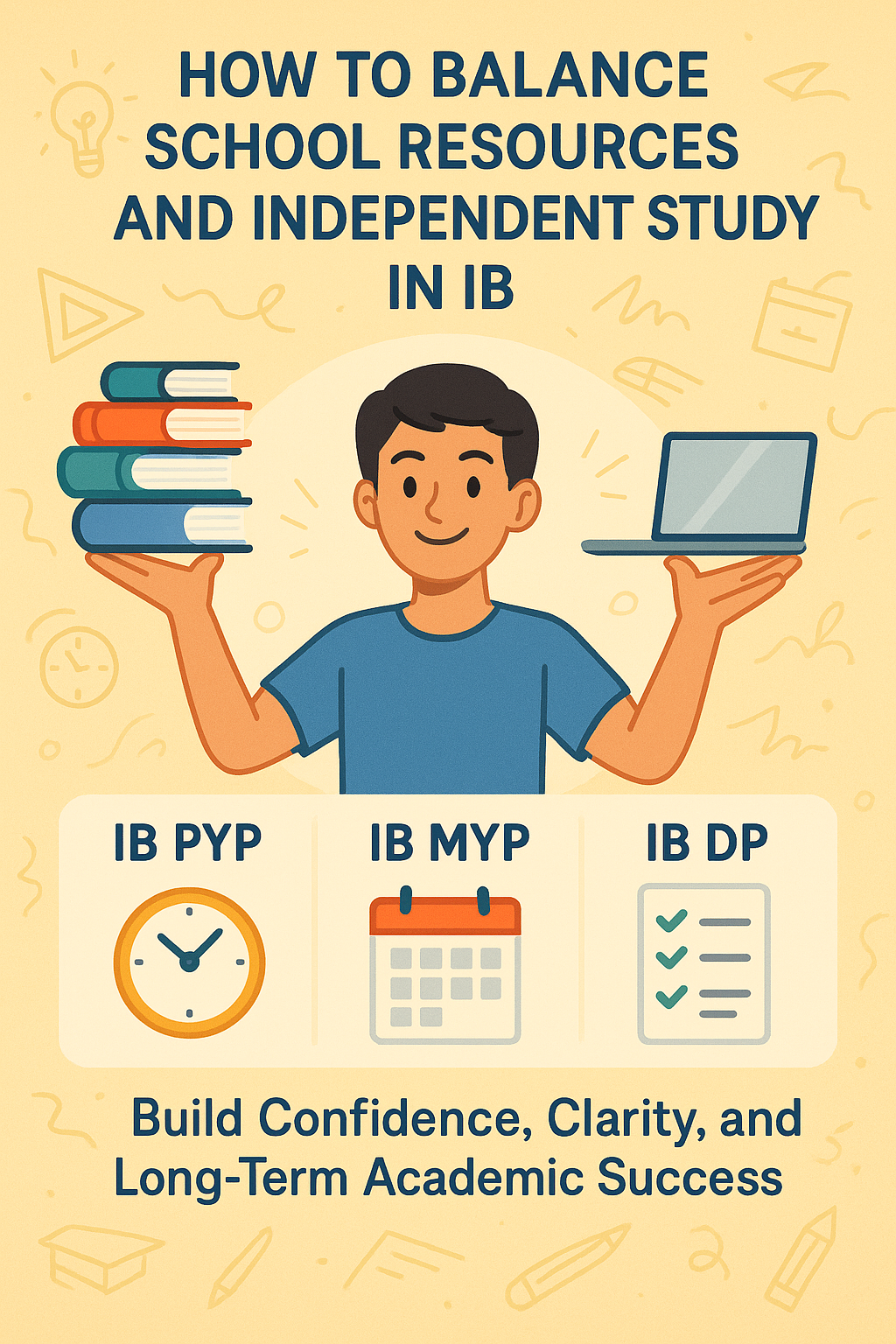
Learn how IB students can balance school resources and independent study across IB PYP, MYP, and DP to build...
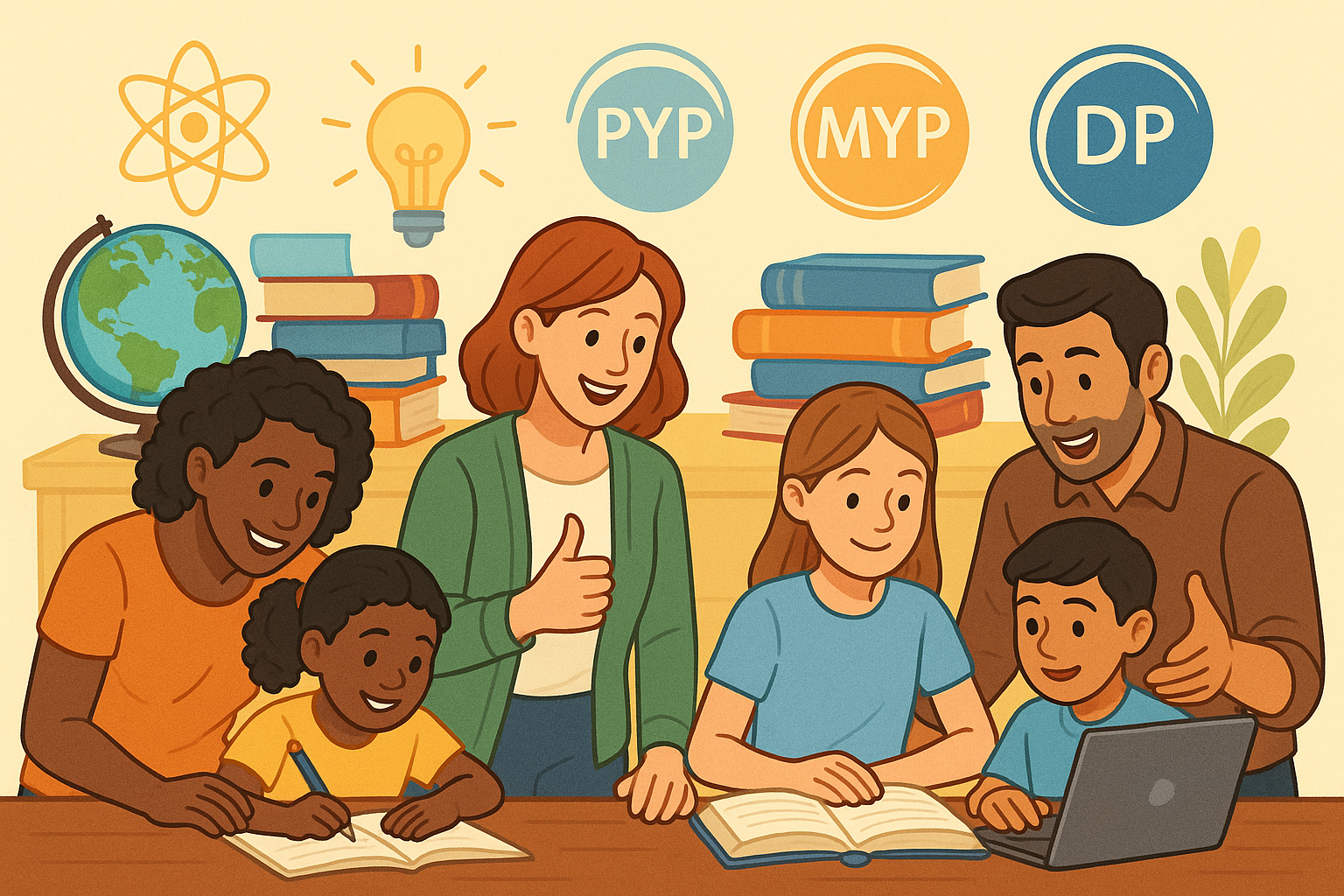
Learn how parents can identify quality academic support for IB learners that aligns with IB PYP, MYP, and DP values...
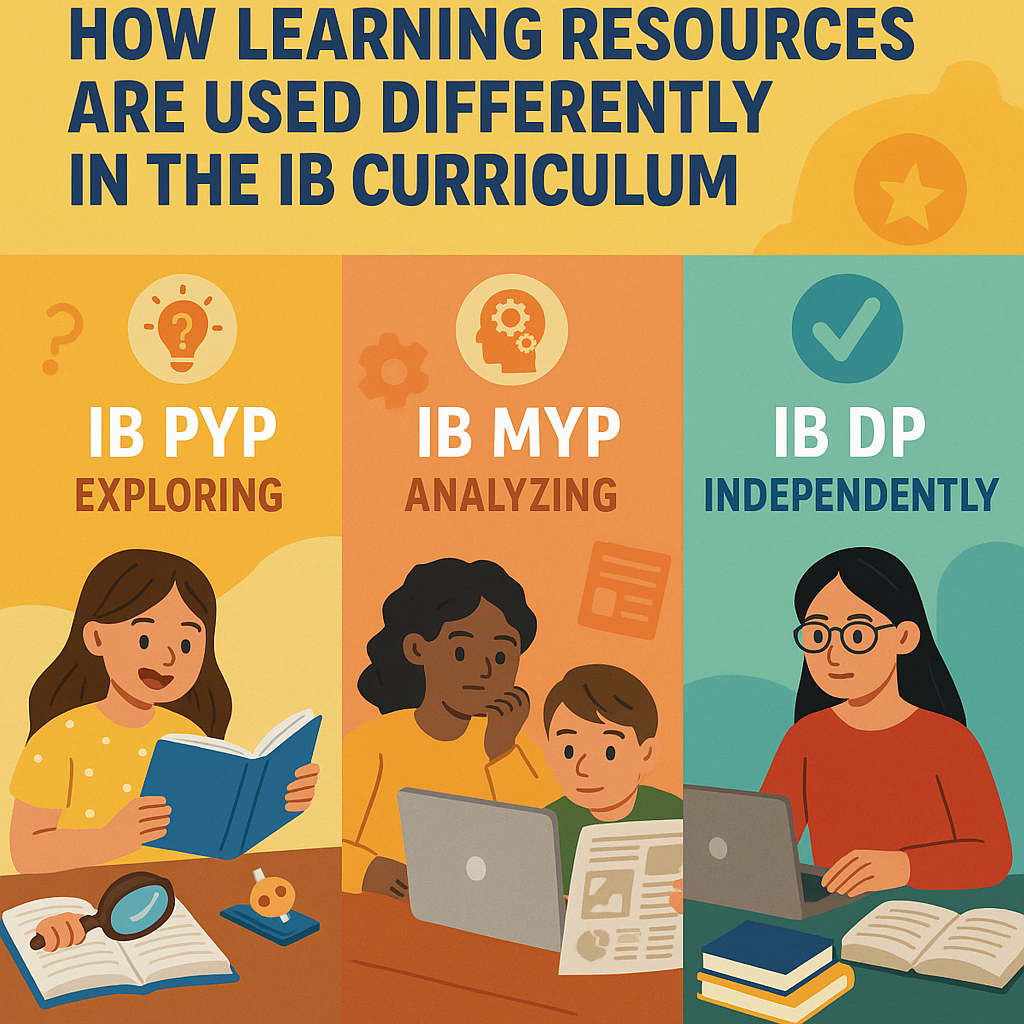
Discover how learning resources are used differently in the IB curriculum and how IB PYP, MYP, and DP students...
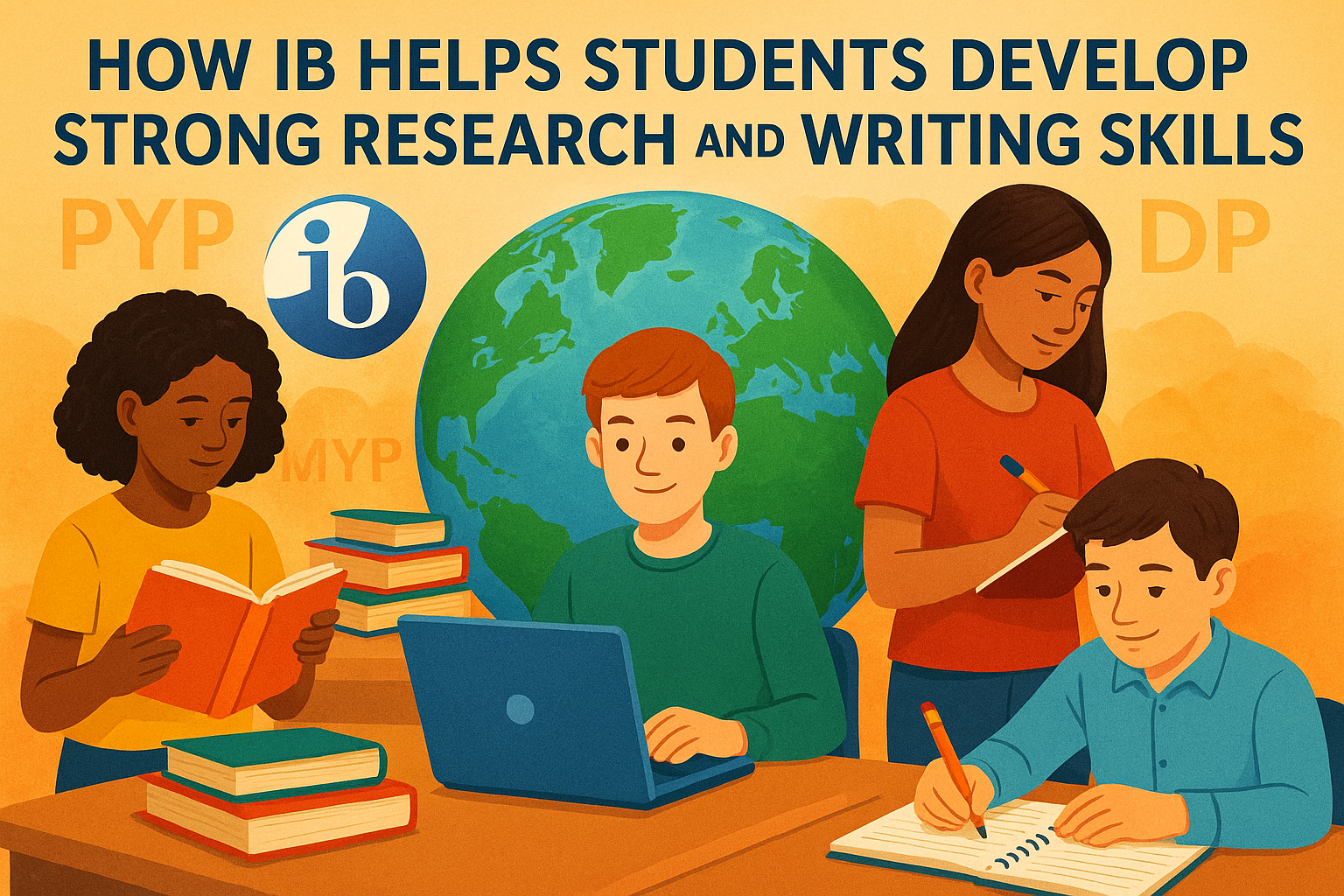
Learn how the IB curriculum helps students develop strong research and writing skills across IB PYP, MYP, and DP,...
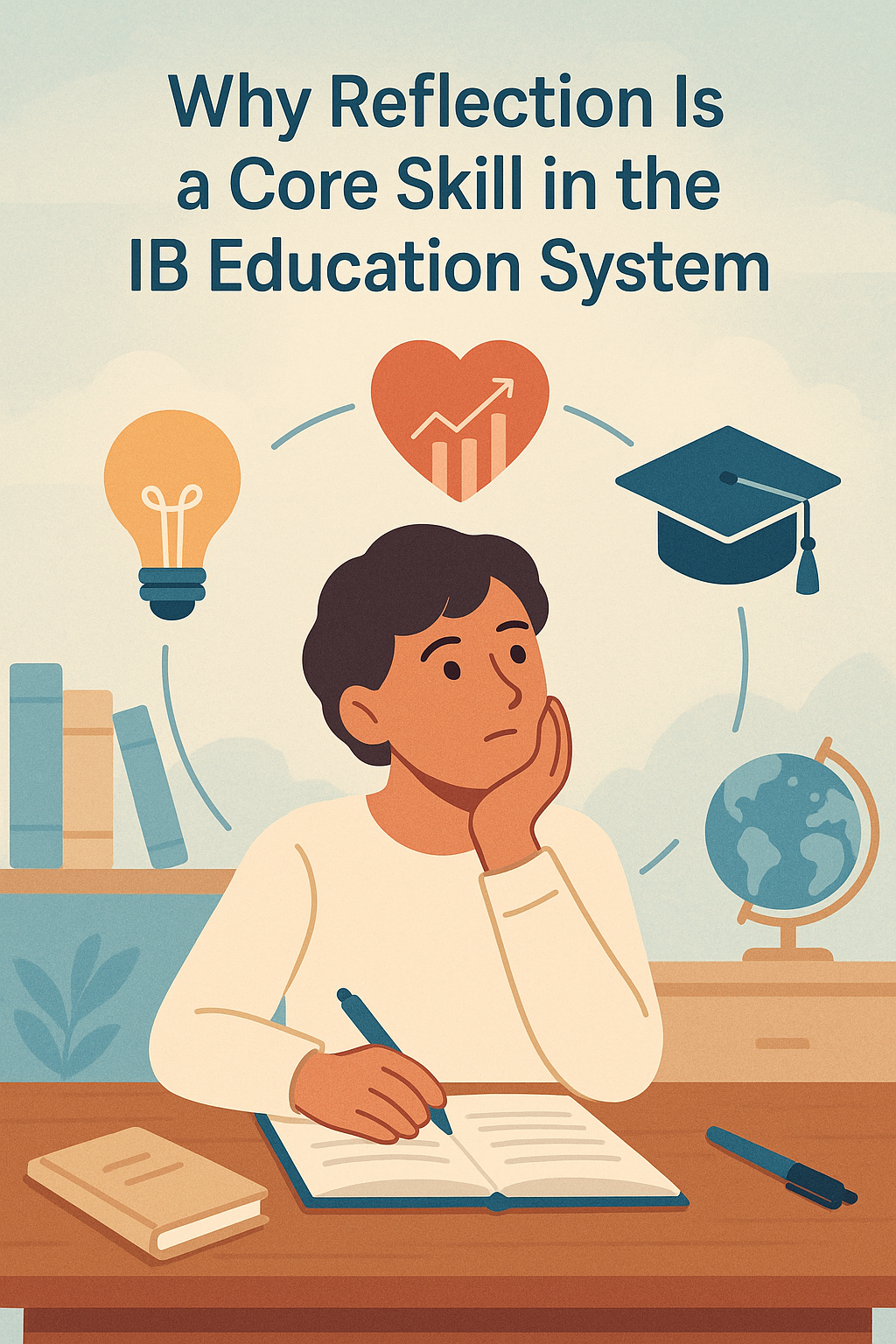
Discover why reflection is a core skill in the IB education system and how it supports independent thinking,...
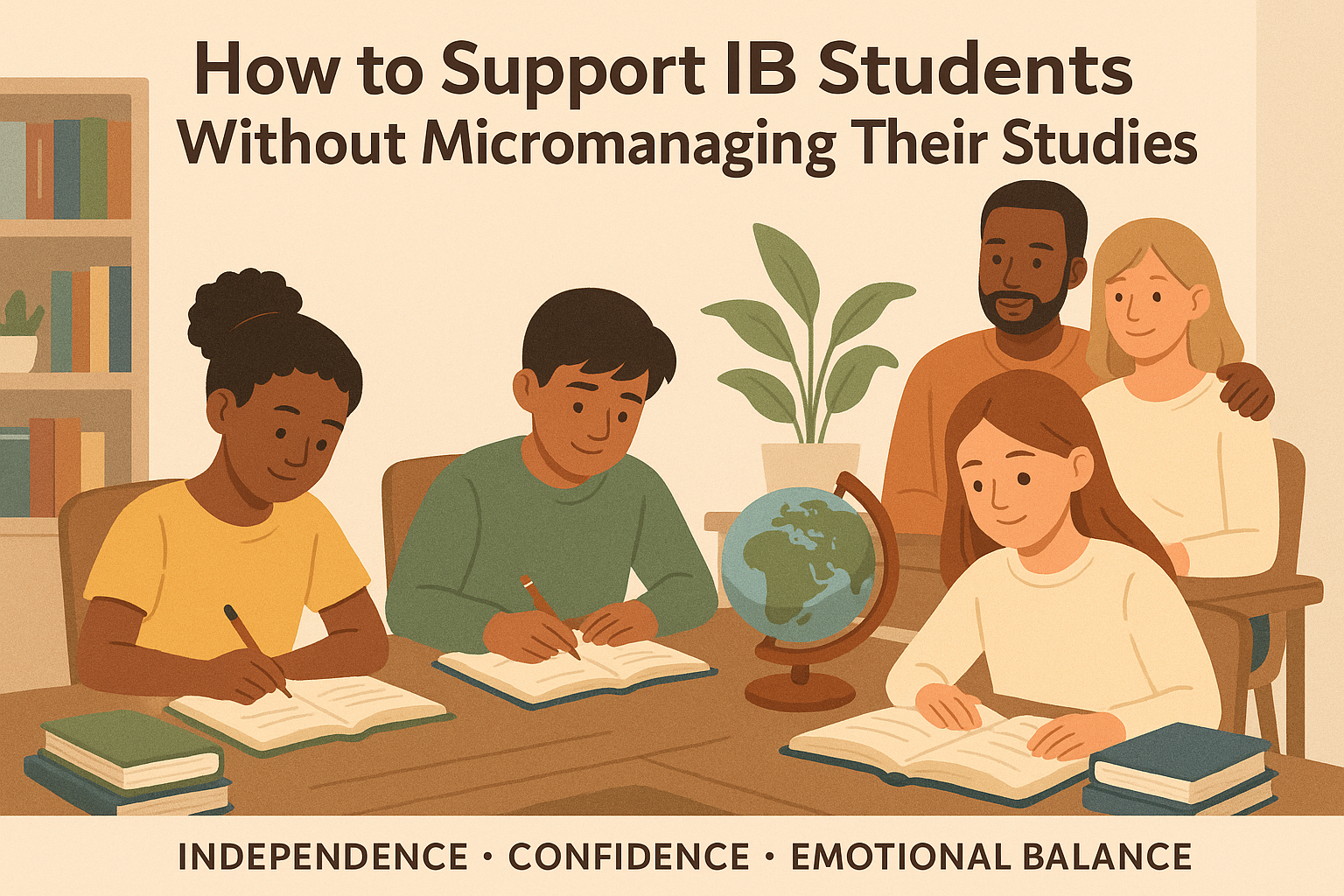
Learn how parents can support IB students across IB PYP, MYP, and DP without micromanaging, while building...
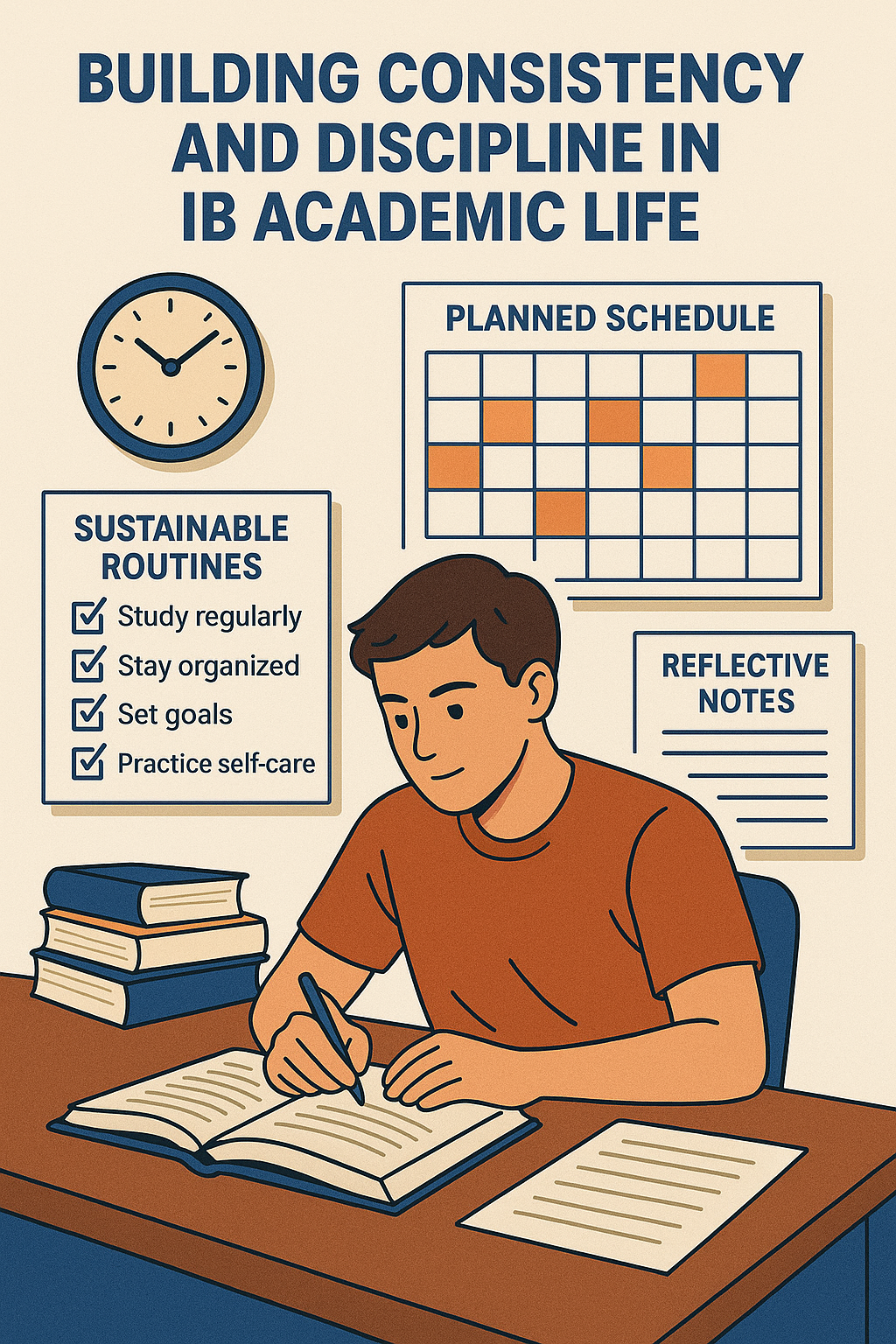
Learn how IB students can build consistency and discipline through sustainable routines, reflective habits, and...
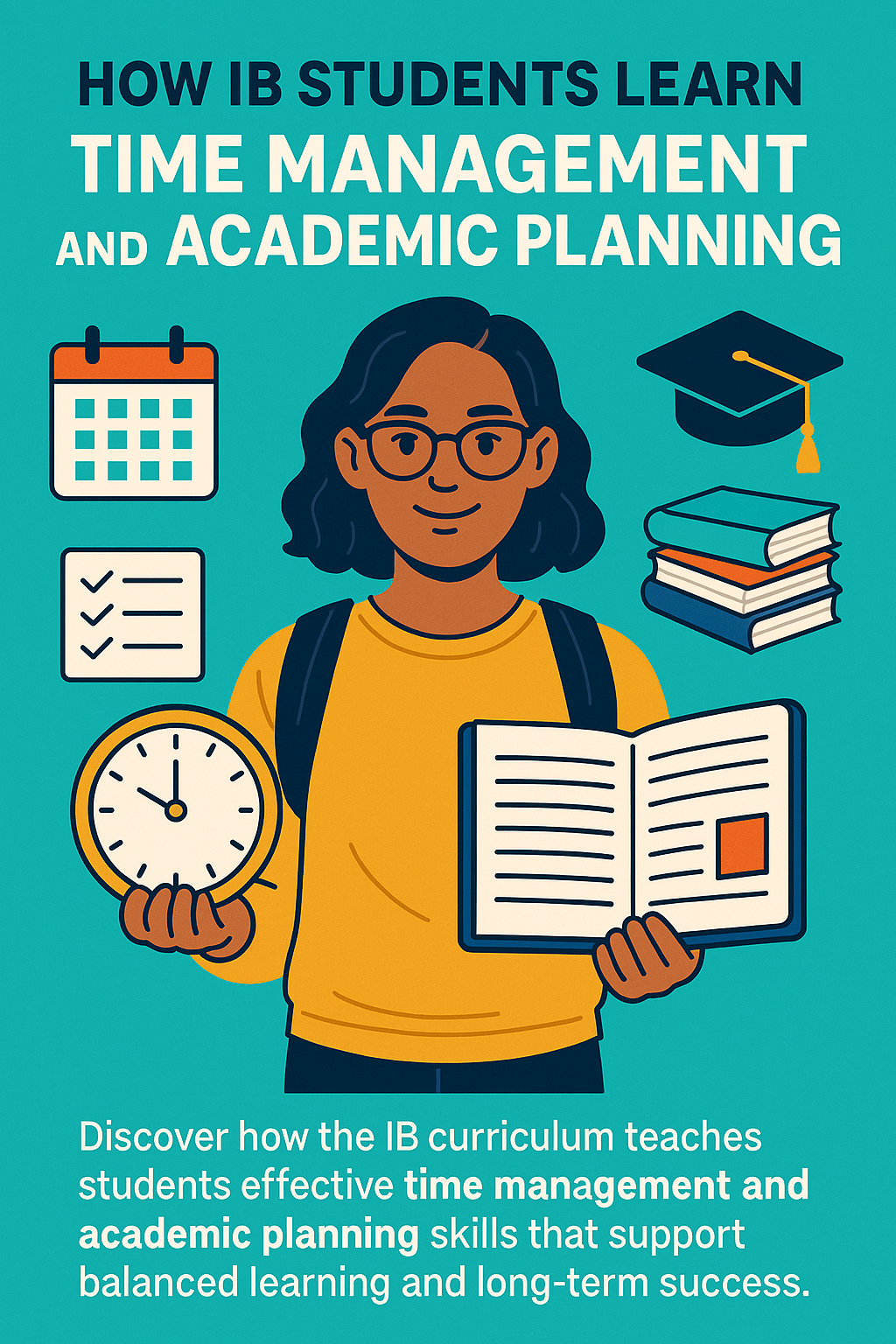
Discover how the IB curriculum teaches students effective time management and academic planning skills that support...

Learn how IB students can avoid burnout while managing coursework by building balanced routines, aligning study...
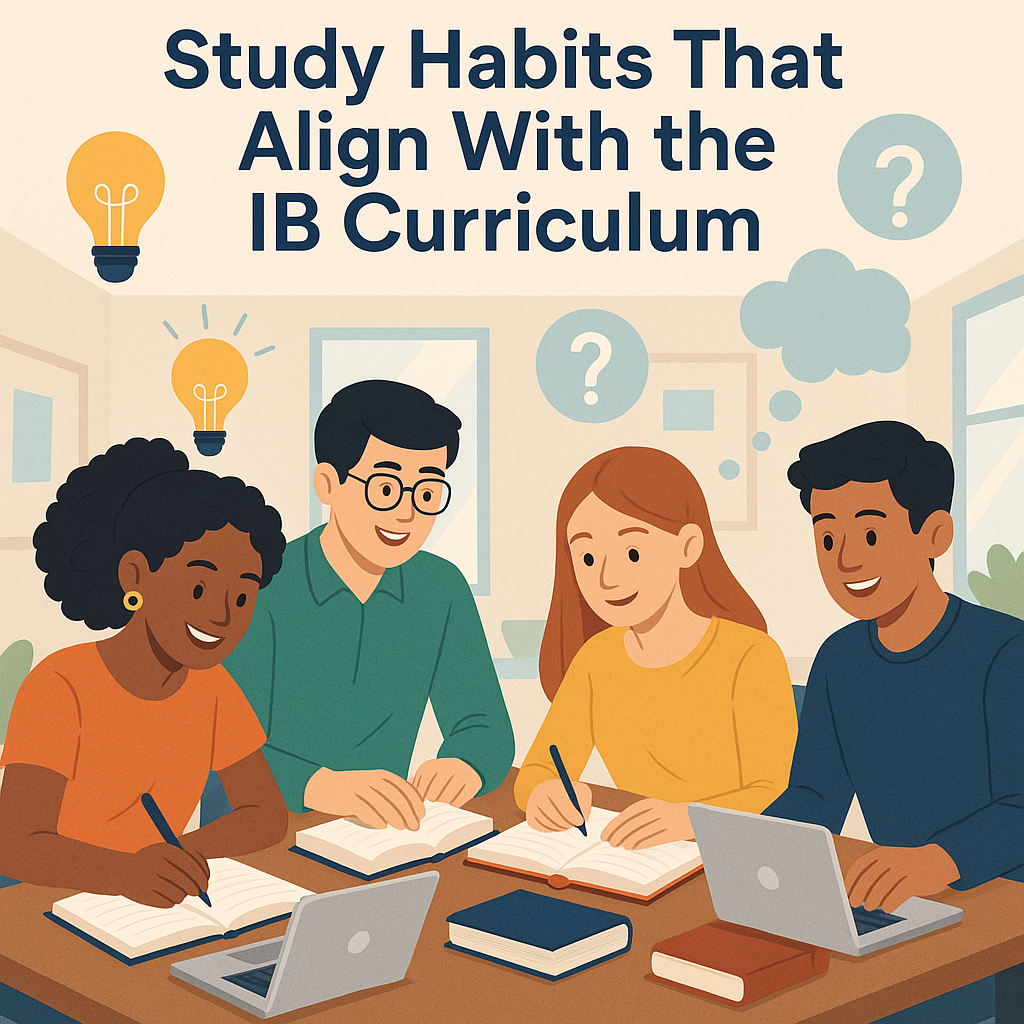
Discover study habits that align with the IB curriculum and help students succeed through inquiry-based learning,...
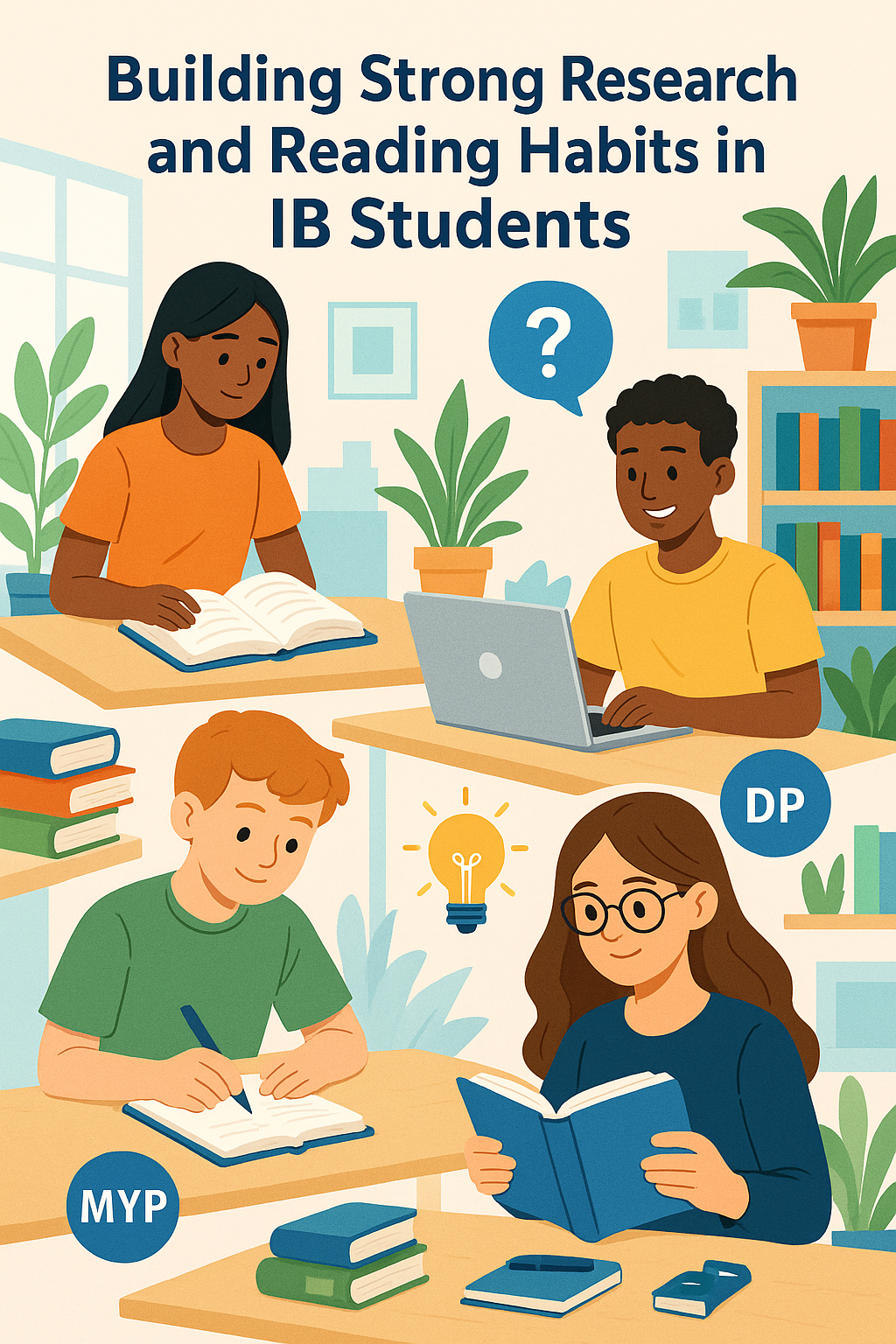
Learn how the IB curriculum builds strong research and reading habits through inquiry-based learning, reflection,...
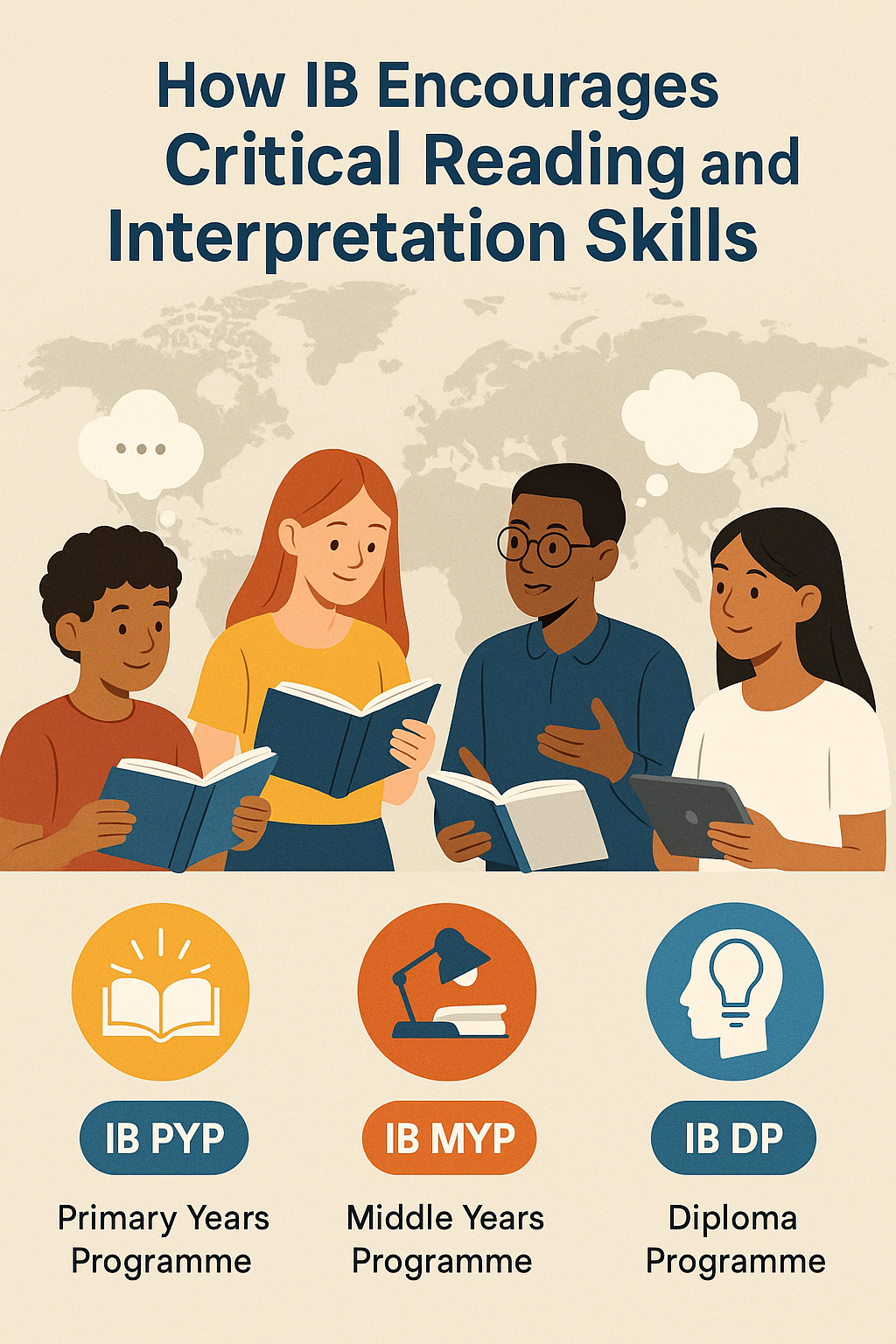
Discover how the IB syllabus builds strong critical reading and interpretation skills through inquiry-based...
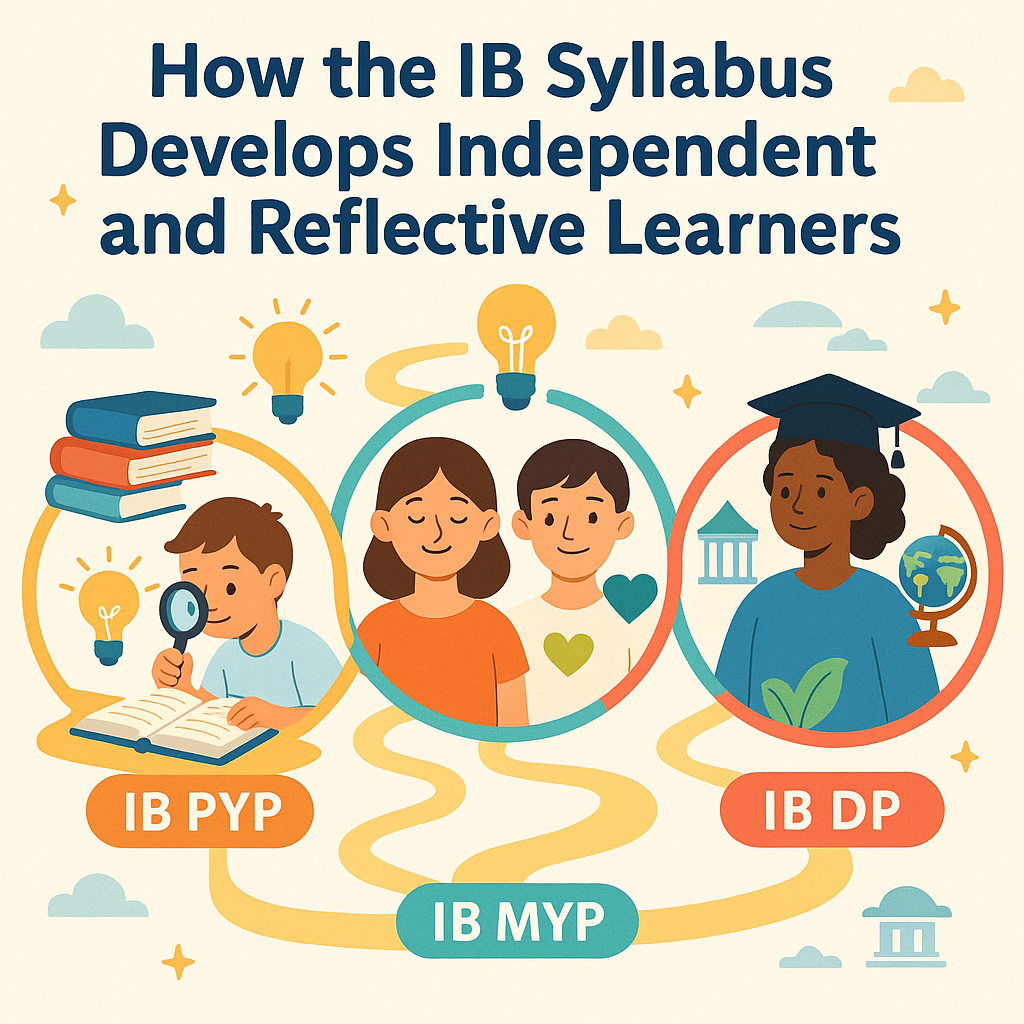
Discover how the IB syllabus builds independent and reflective learners through inquiry-based learning, emotional...
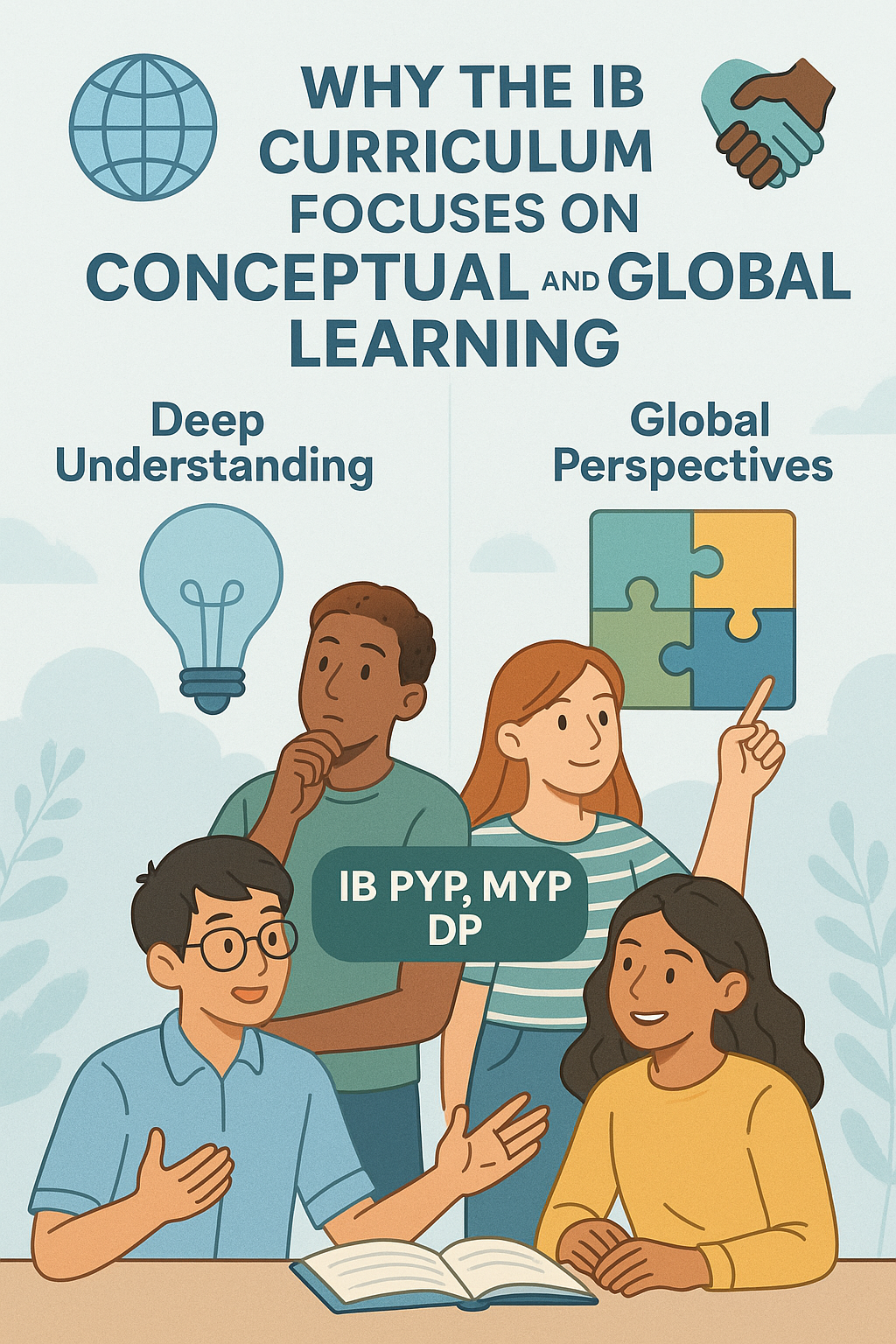
Learn why the IB curriculum focuses on conceptual and global learning, how IB PYP, MYP, and DP develop deep...
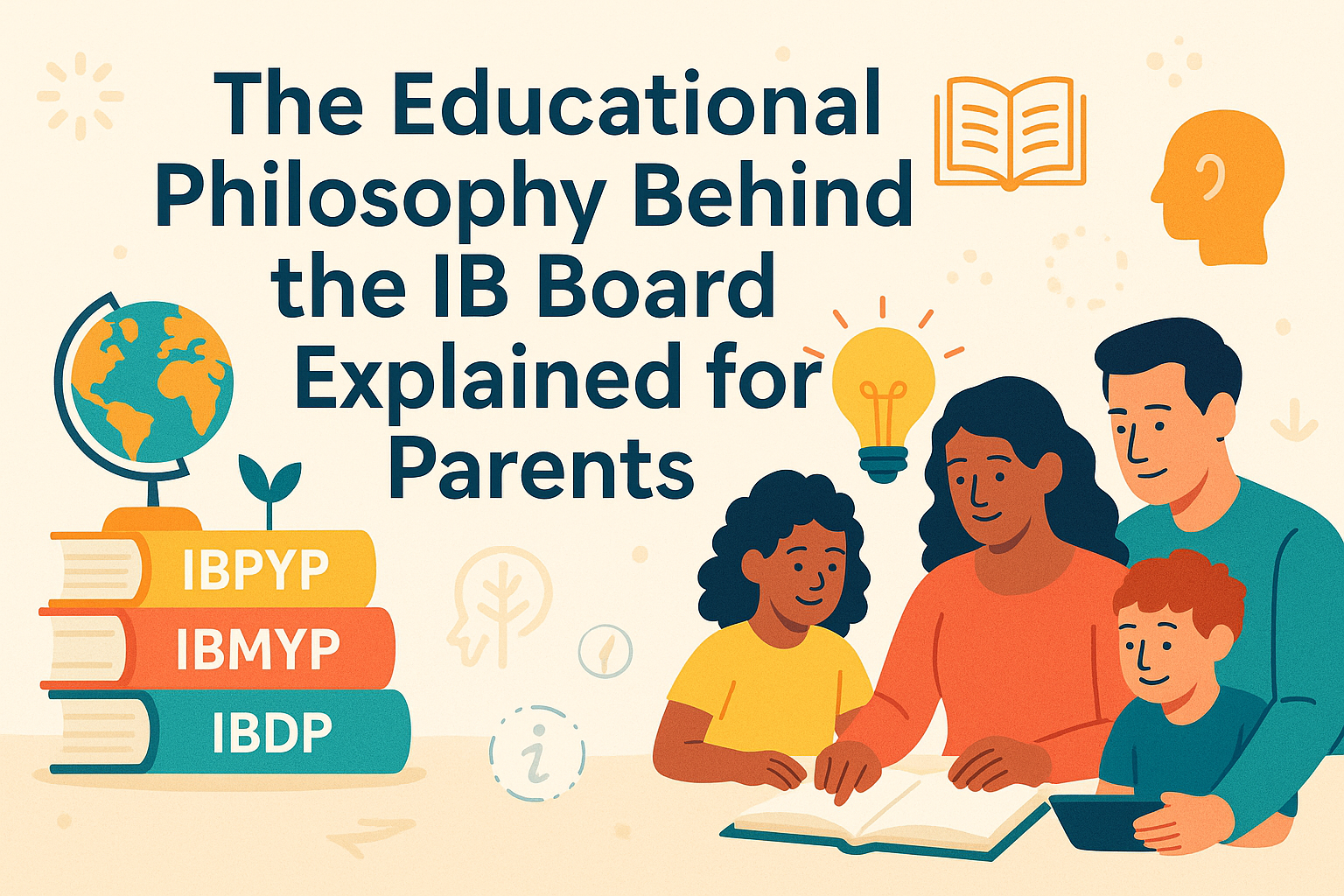
Understand the educational philosophy behind the IB board, including IB PYP, MYP, and DP, and learn how IB learning...
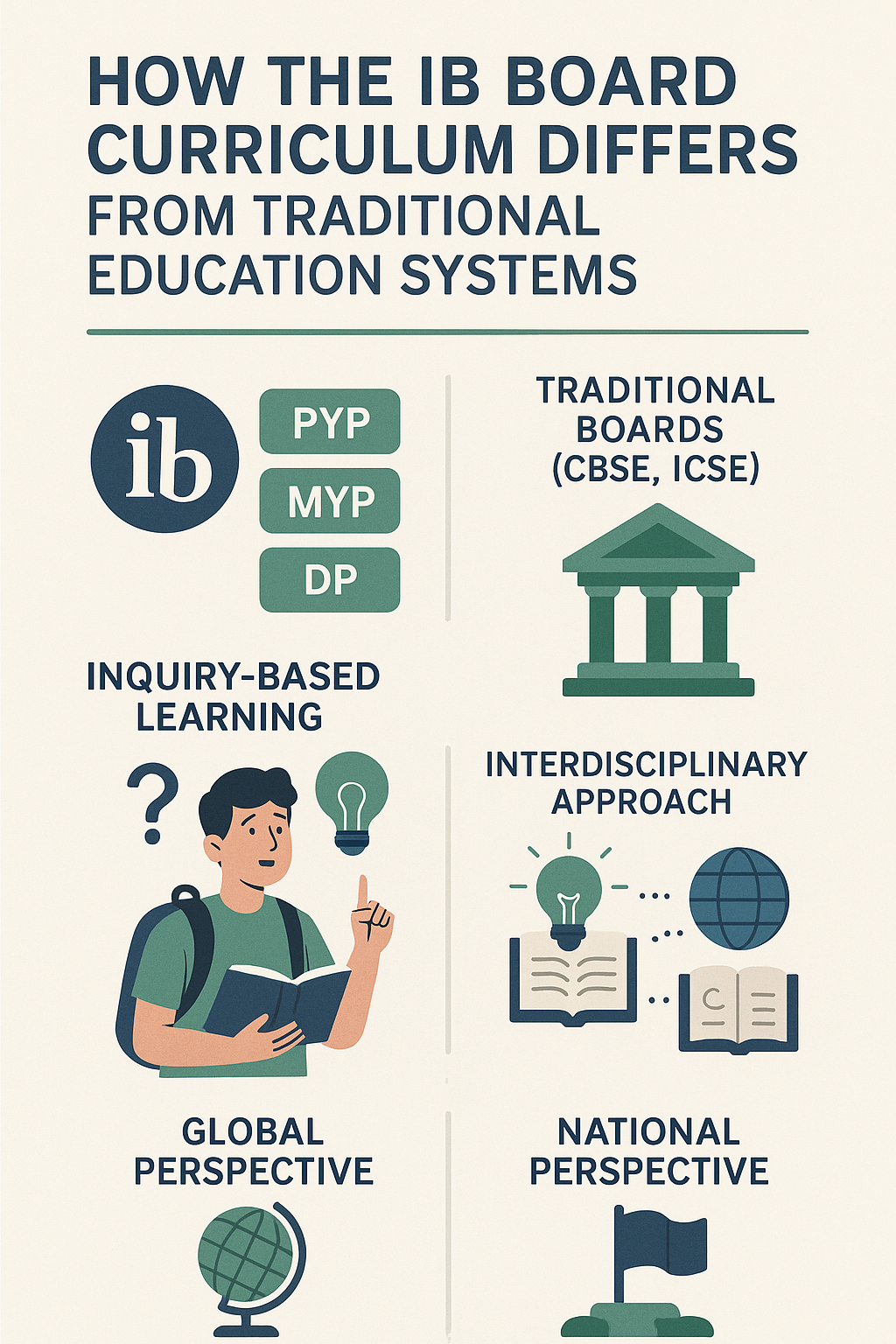
Explore how the IB board curriculum differs from traditional education systems like CBSE and ICSE, and understand IB...
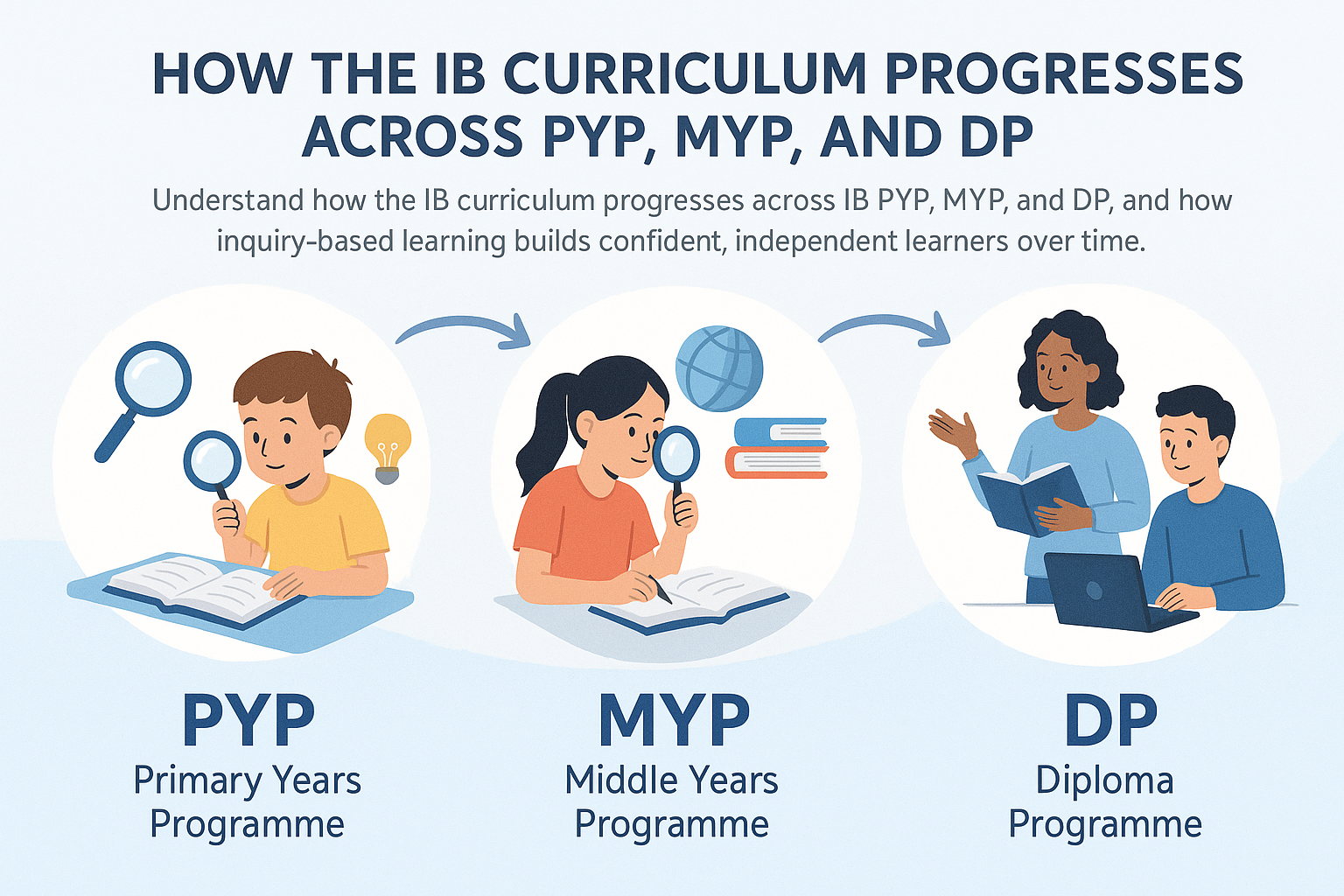
Understand how the IB curriculum progresses across IB PYP, MYP, and DP, and how inquiry-based learning builds...
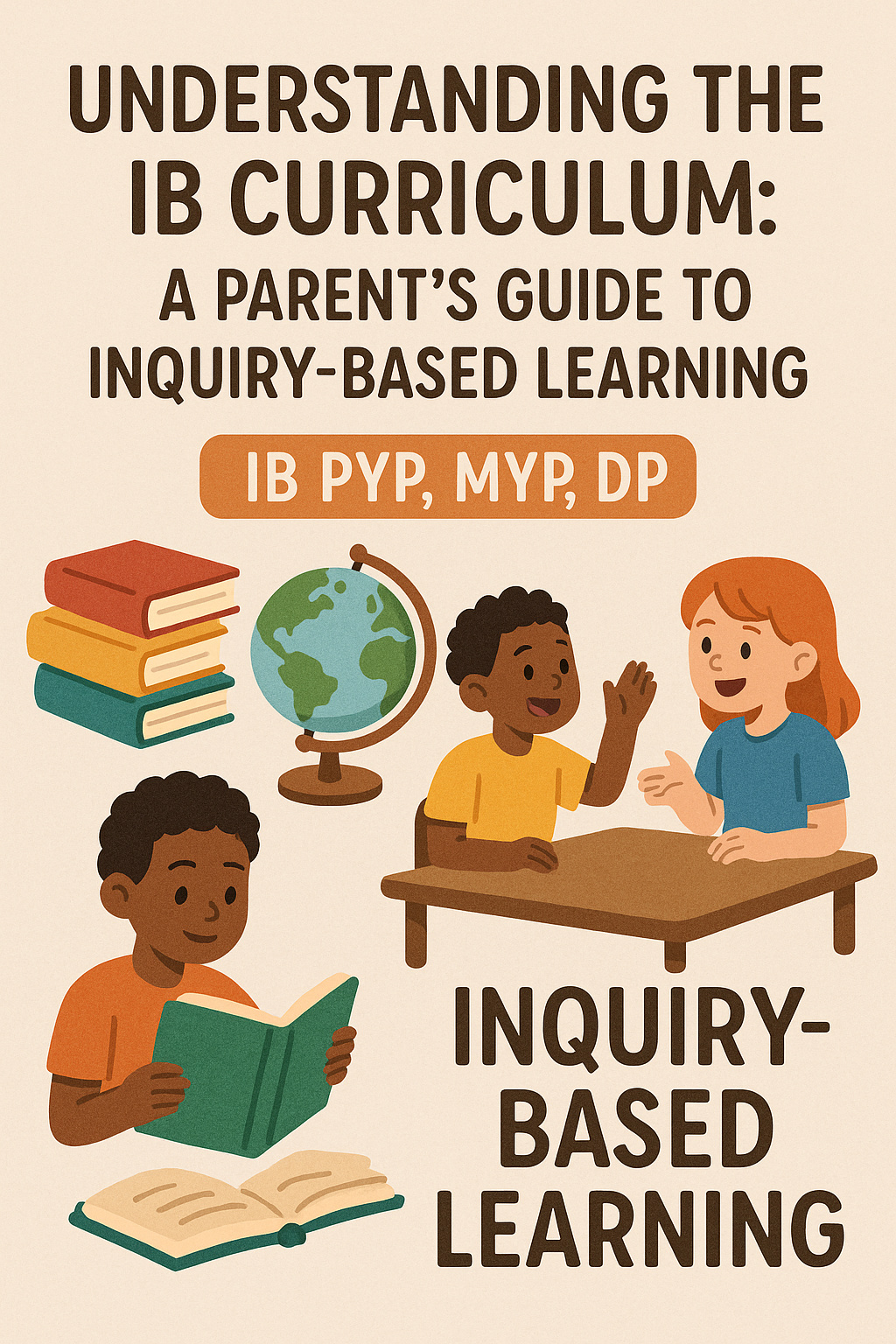
A parent friendly guide to understanding the IB curriculum, IB PYP, MYP, and DP, and how inquiry based learning...
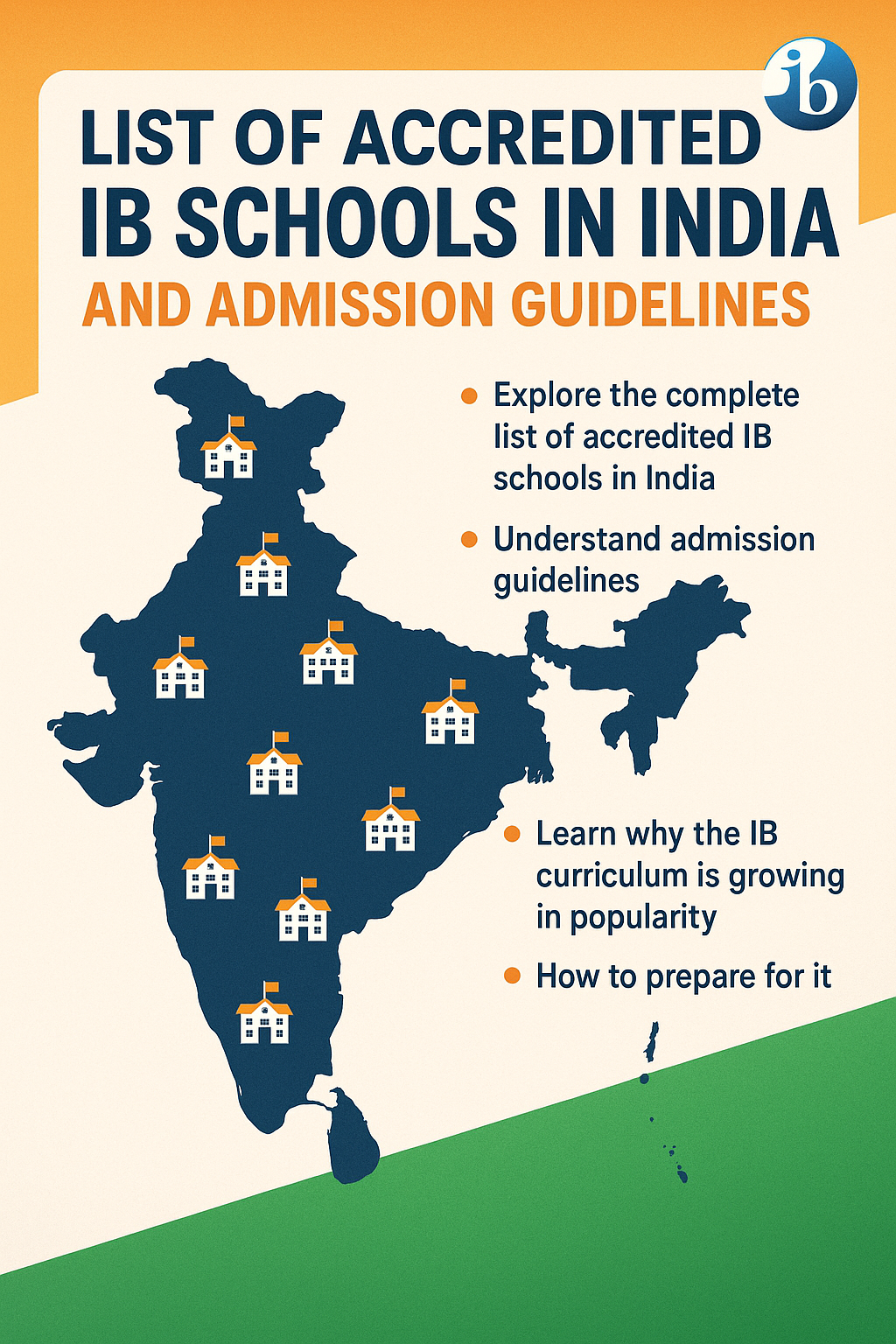
Explore the complete list of accredited IB schools in India and understand admission guidelines. Learn why the IB...

A complete guide for parents in Kolkata to understand the IB curriculum. Learn about PYP, MYP, IBDP stages,...

Discover the IB Diploma Programme curriculum, subject groups, core requirements, and benefits of IB. Learn how...

Thinking of joining the IB Programme? Learn about its rewards, challenges, and how AllRounder.ai can help you...

Discover the IB PYP curriculum framework, key learning areas, transdisciplinary themes, and how it nurtures lifelong...

Explore the IB syllabus structure, subject groups, and core components like TOK, CAS, and EE. A complete guide to IB...

Discover how the IB curriculum prepares students for Ivy League and top global universities. Explore skills,...

Explore how to choose IB subjects wisely. Learn about IB subject groups, HL vs SL, and combinations aligned with...

Understand the 10 IB Learner Profile attributes and why they matter in shaping global, future-ready students.

A detailed comparison of IB, CBSE, and ICSE boards. Learn about curriculum, teaching methods, and which board best...

Discover the IB Board – its global recognition, programs, and unique education philosophy.
Resources
-
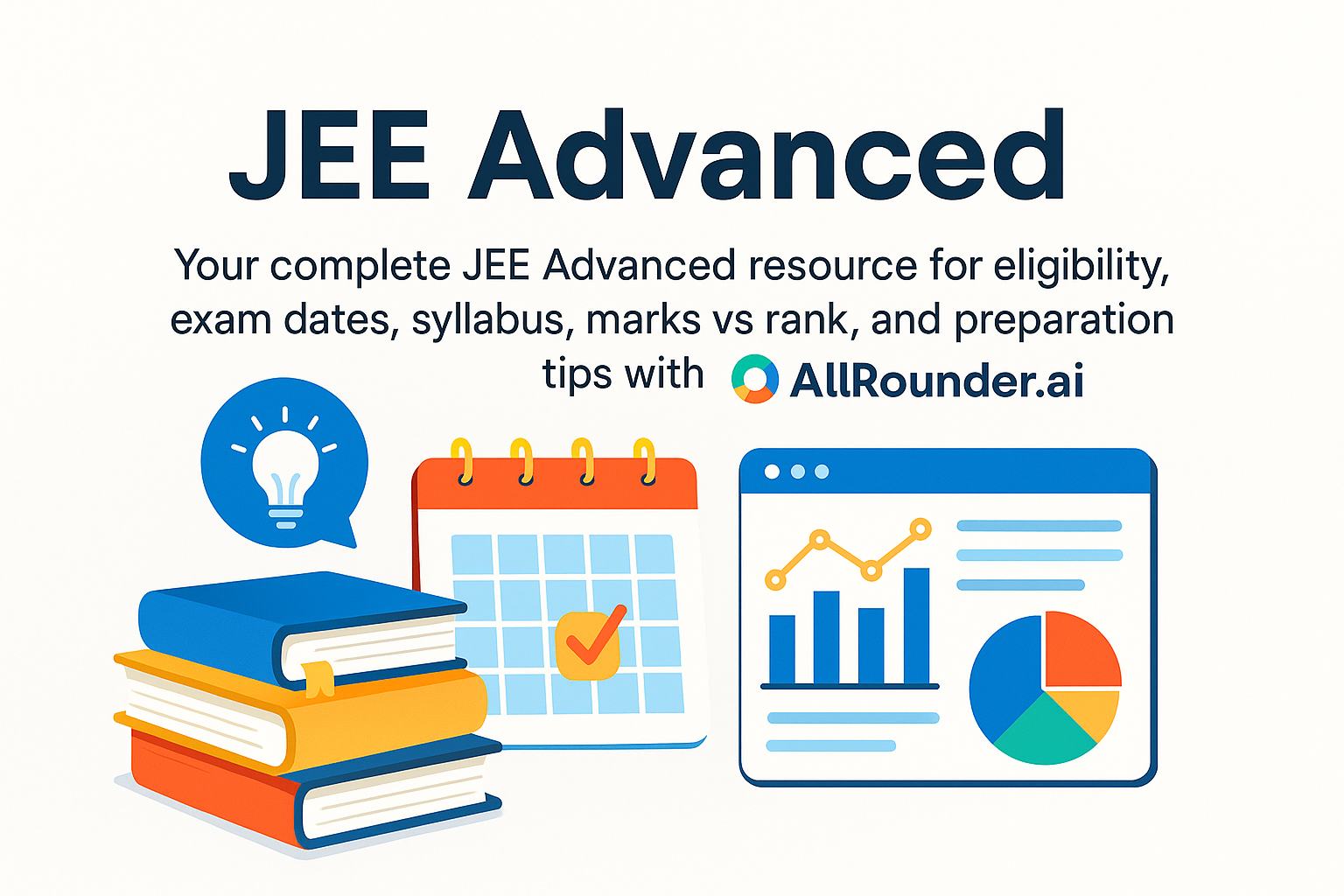
Your complete JEE Advanced resource for eligibility, exam dates, syllabus, marks vs rank, and...
-
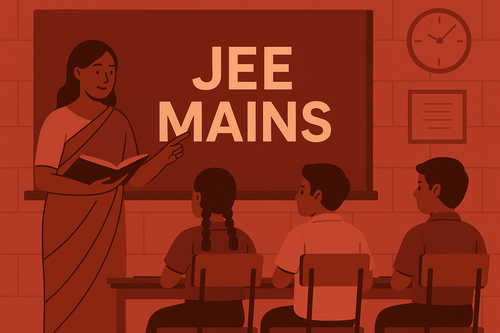
Understand the entire JEE Main process, from application and eligibility rules to the exam...
-

Explore the IB Board – a global curriculum emphasizing holistic, student-centered learning...
-

Learn about CBSE – India’s national school board offering a standardized curriculum, NCERT...
-

Explore everything about the ICSE board – its curriculum, subjects, exam format, and academic...
